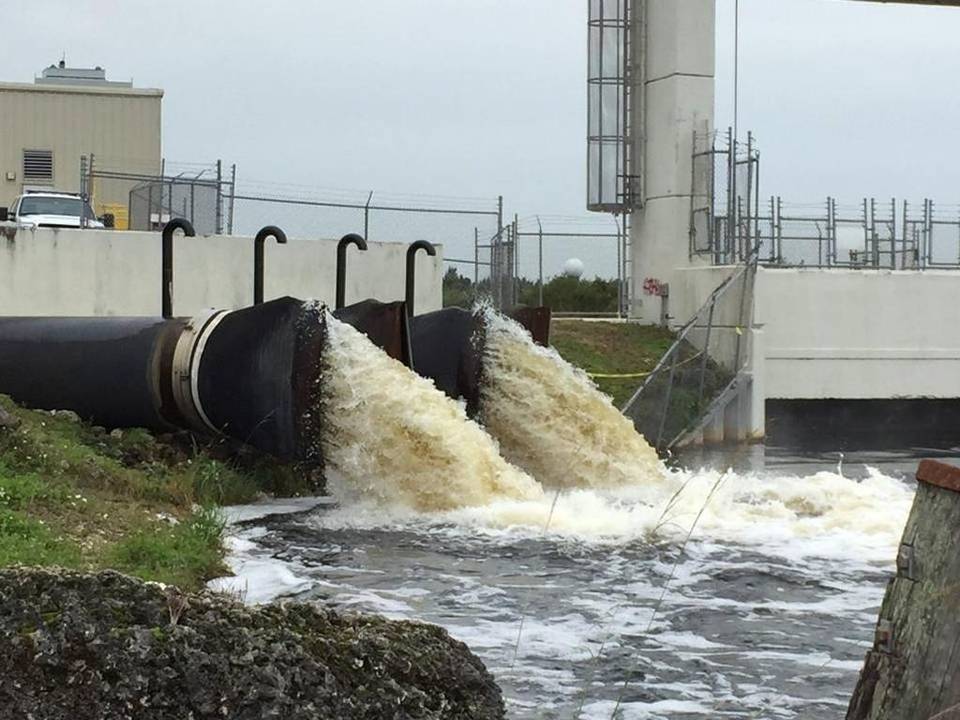
One Step Forward, Two Steps Back?
By now, it should be clear that our planet has a bit of a problem—Us. With all the climate and conservation research coming forth from experts in Earth and Planetary Science, and given the monumental efforts being implemented in order to curb our destruction of species, habitats, and the planet in general, its hard to understand why groups would want to push back against environmental safety regulations.
But apparently, some do want to loosen regulations. Or at least, that’s what some groups are arguing.
Florida has just passed new regulations that environmental groups say actually increase chemicals in the state’s waters, earning the ire of environmental groups and the support of businessmen and farmers.

Florida state’s seven-member panel, the Environmental Regulation Commission (ERC), has just conducted public hearings and approved the state Department of Environmental Protection’s (DEP) revisions to human health-based water quality criteria.
These rules create new standards for 39 chemicals that are currently not being limited, while also updating the regulations for 43 others.
But environmental groups like the Florida Clean Water Action Network (FL-CWN) and the Southern Alliance for Clean Energy (SACE) contend that these updates actually increase toxin levels and diverge from federally established water standards.
For example, these rules allow more benzene into the water. Previous standards allow only 1.18 parts per billion, but they are now at 2 ppb. The federal standard, notably, is at 1.14 ppb.
Some are also criticizing the makeup of the ERC when the proposal was up for hearing. Of the seven seats in the ERC, two were vacant at the time of hearing, and the motion passed on a margin of 3-2.
Justifications
But in its FAQ, the DEP attempts to offer answers to all of the aforementioned. It says, under the question “Is DEP weakening standards? “Absolutely not. DEP and EPA are strengthening Florida’s water quality standards, not weakening them.”
The document also contends that disparities between federal targets and state rules were made under the supervision of the EPA, and that that body actively encourages states to develop their own regional safety standards.
The DEP team that formed these rules revealed the extensive trip it has undergone: it has been four years in the making, 11 public workshops and meetings, and has been studied by a scientific review panel.
Still, not all our happy with this decision.